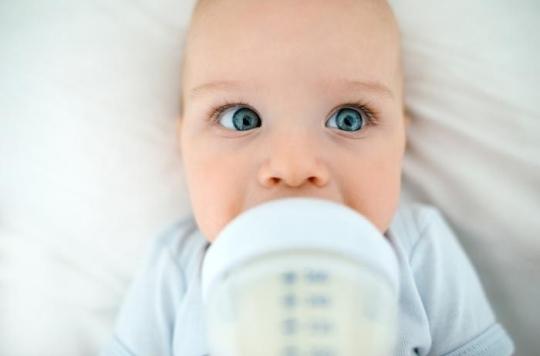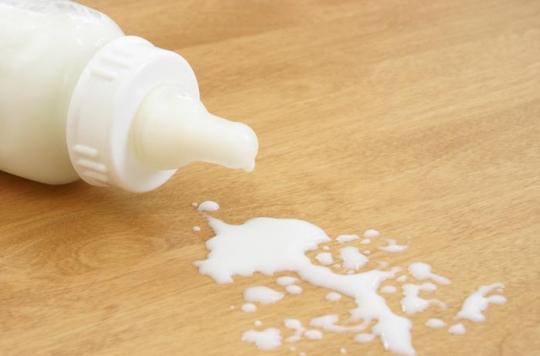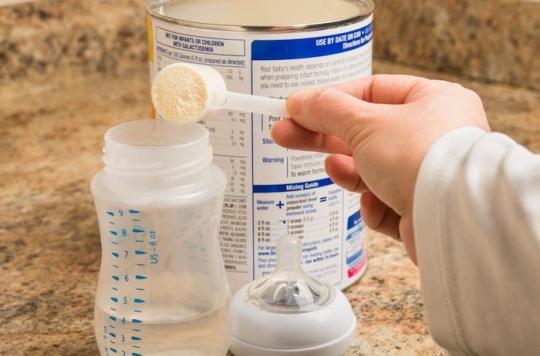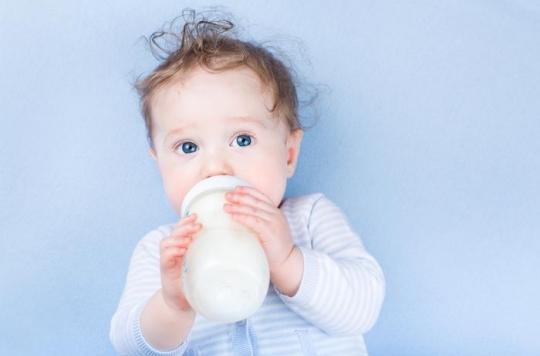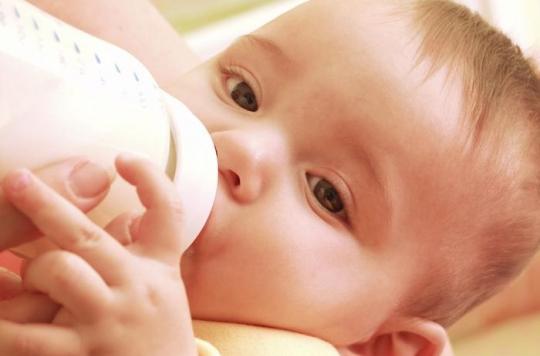Certainly salmonella is a bacterium responsible for unpleasant food poisoning when you are in good health, dangerous at both ends of life. The current problem is well managed: important national information, responsiveness of health authorities, manufacturers and doctors. So do not panic for those who have not yet consumed these milks. Careful supervision for others …
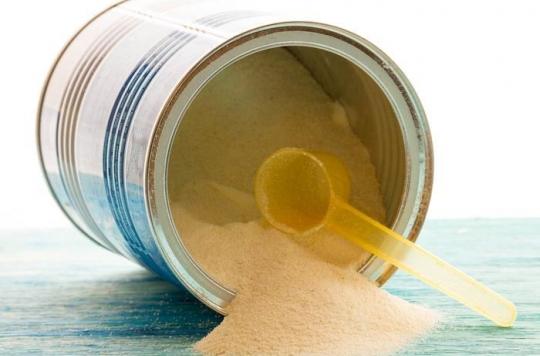
The website of the Ministry of Health provides extremely comprehensive information on potentially contaminated milk:
A toll-free number, 0800 120 120, has been made available to parents to answer their questions.
But we will now have to understand how a salmonella could contaminate so much milk. It is the characteristic of a microbe to multiply in order to survive. Salmonella is well known which, in addition to typhoid, is the main cause of food poisoning in communities.
It is a fairly resistant microbe, which can live for several weeks in a dry environment, hence the withdrawal and the imperative destruction of milk stocks that may have been contaminated.
Milk and eggs are the most common contaminations. For eggs, we understood how salmonella could end up in an unbroken egg. Washing the eggs removes the layer, the protective barrier that clogs the natural “pores” of the eggs.
Short incubation
When you swallow contaminated food, the acidity of the stomach quickly kills the intruder. It is therefore only highly contaminated foods that pass this first natural barrier… Except in infants who are sensitive to only a few microbes, for example the simple inhalation of infected dust.
Incubation lasts from a few hours to a day, very rarely two to three days. This reassures the parents of children who could have consumed these milks before this deadline. In theory, they have nothing to fear.
Once infected, although there are symptoms, the disease is overwhelmingly mild. For example, you should know that at least a quarter of summer gastroenteritis is due to salmonella!
Bacterial diarrhea can last up to two weeks
During acute diarrhea, especially if accompanied by vomiting, complications such as dehydration can appear. This risk is particularly common in infants, the elderly or those suffering from a chronic illness. This is why there was this important reaction from the knowledge of the contamination.
Usually, the attending physician should only be seen if the diarrhea and vomiting persist beyond two days, or if the diarrhea recurs. And of course, at the slightest doubt in a child in the current period.
More to reassure …
On the other hand, you should call 15 or 112 in case of signs of dehydration (intense thirst, dry mouth and small urine volume with dark urine), in case of drowsiness or confusion, which more often concerns elderly people than children.
.








